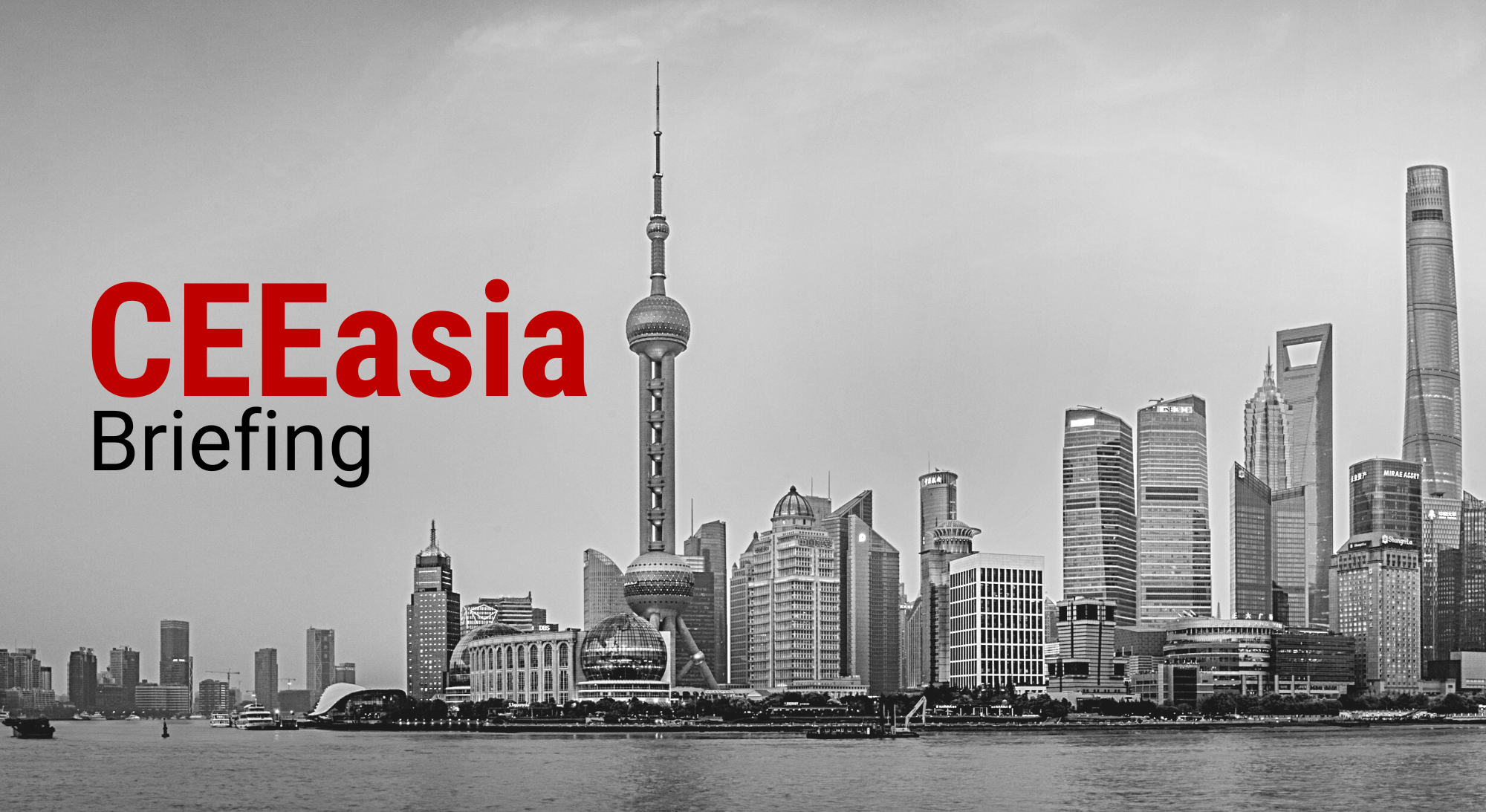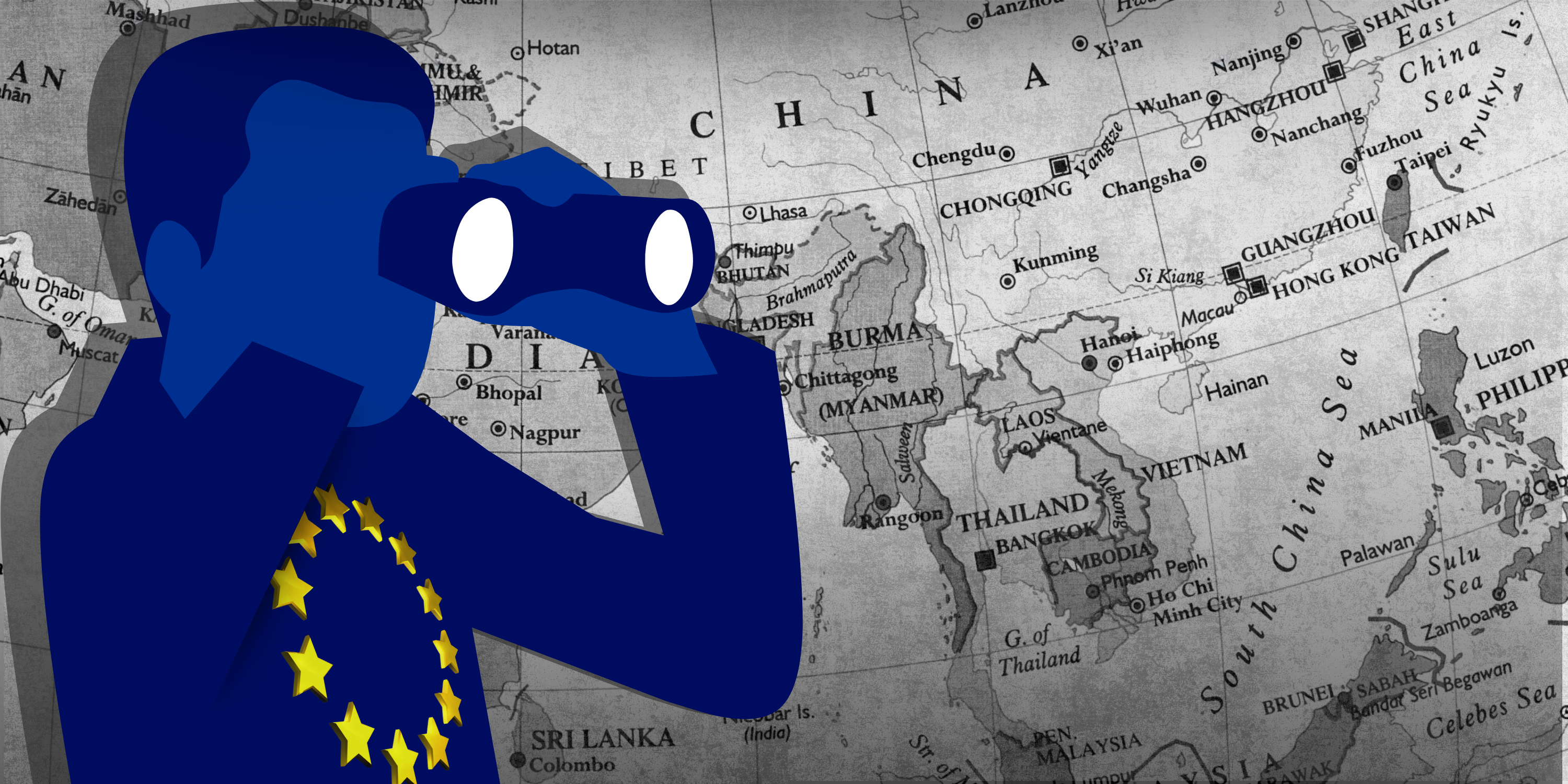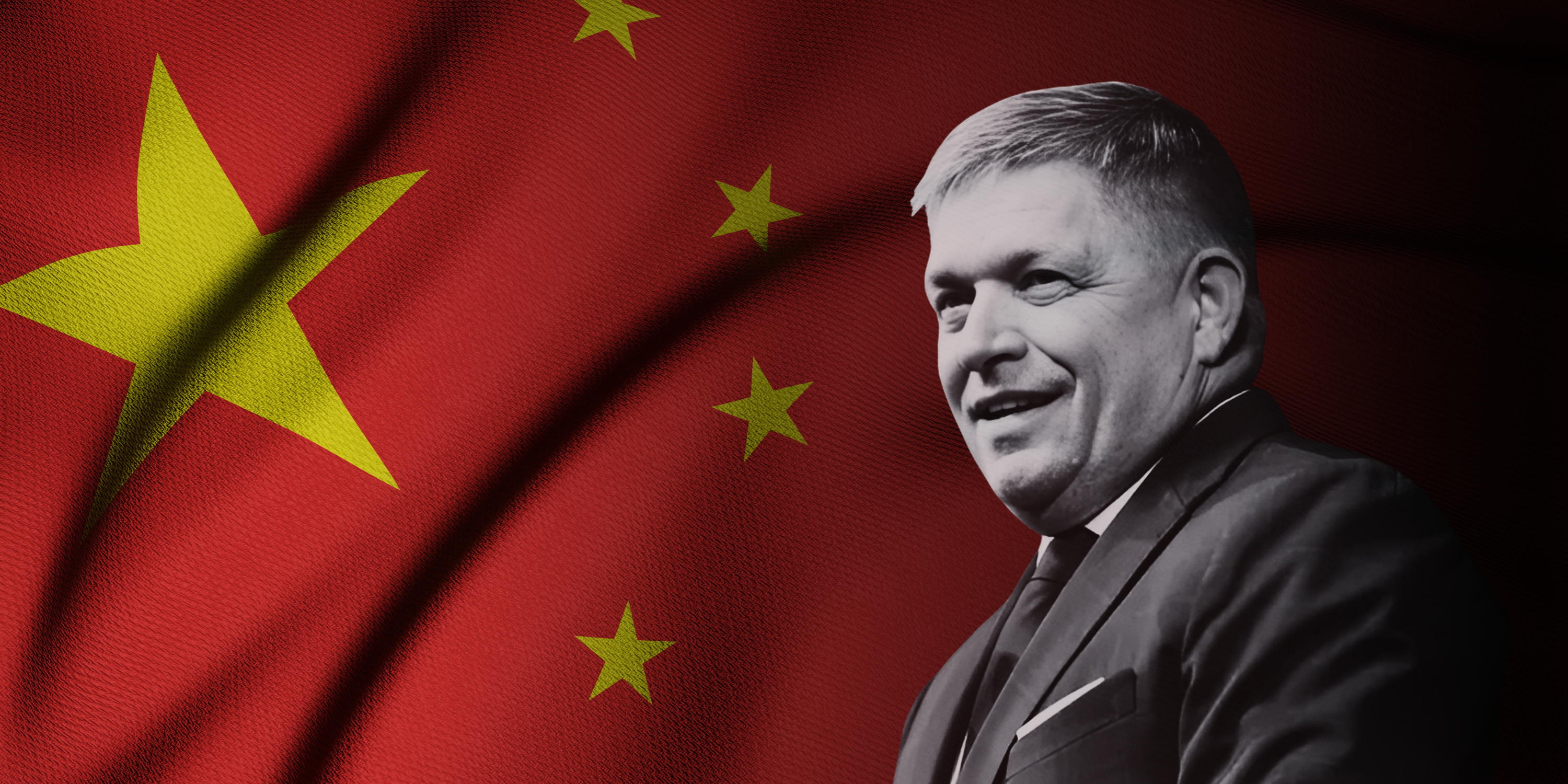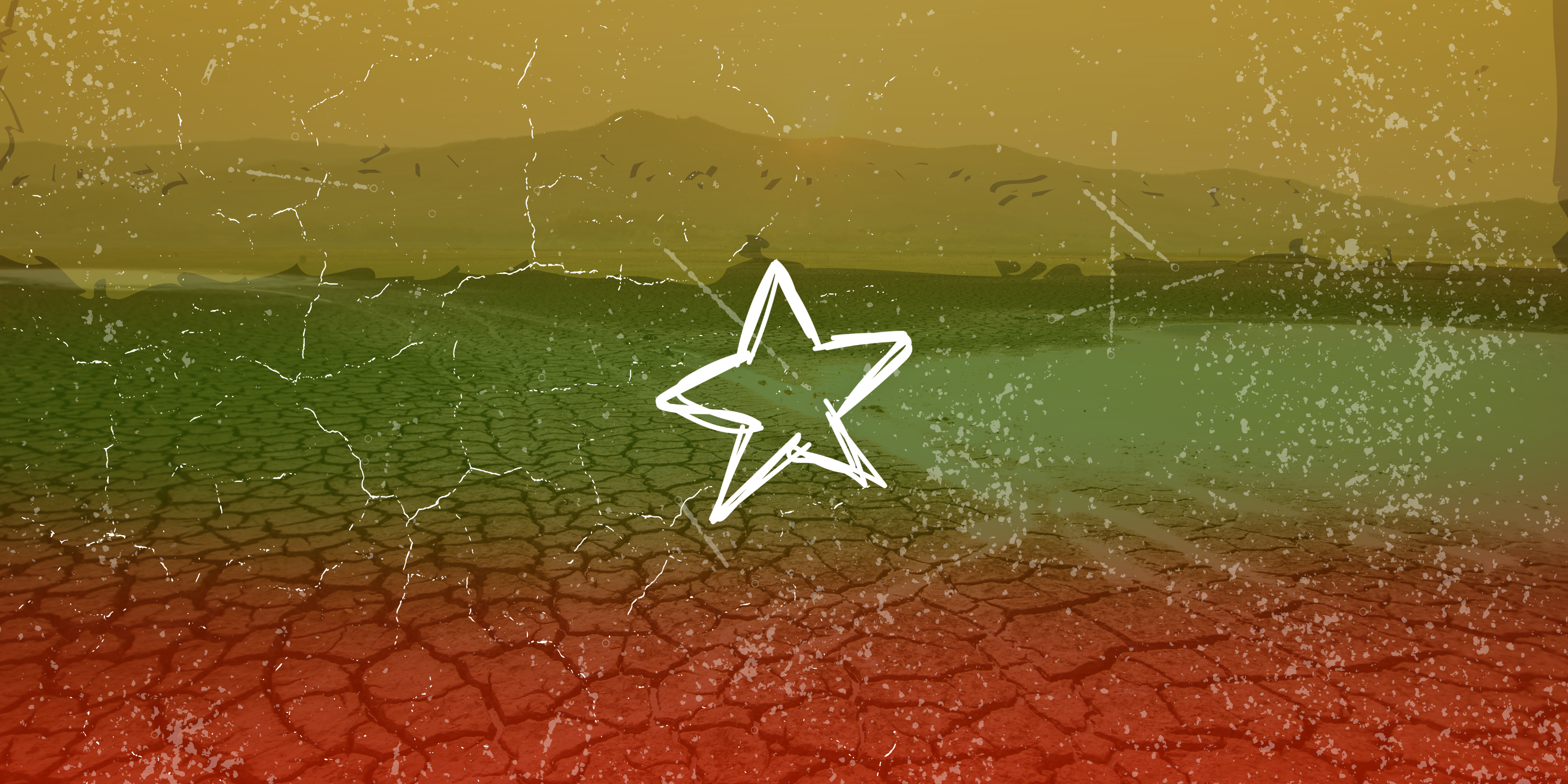Welcome to the 22nd issue of the #CEEasia Briefing.
In this issue we dissect the following topics:
- Taiwanese ministers on tour of the CEE
- Slovenia urges the EU to stand with Lithuania
- Hungary’s green bond issue a hit in Japan
- Recognition of Myanmar’s NUG Government
If you like what you see, please forward this message to your friends and colleagues who can subscribe here.
Do you need to know more about East Asia? Don’t hesitate to shoot us a message about custom analysis tailored to your needs.
1. Taiwanese ministers on tour of the CEE
What’s going on? Vilnius, Bratislava, and Prague hosted a 66-person Trade and Investment Delegation from Taiwan led by Kung Ming-hsin, the Minister of the National Development Council. The delagation also included the Minister of Science and Technology, Wu Tsung-tsong, and the new Director-General of Taiwan’s National Space Organization (NSPO), Wu Jong-shinn.
The business delegation coincided with a rare trip to Europe by Taiwan’s Minister of Foreign Affairs Joseph Wu, who already delivered a keynote speech at a conference in Slovakia, and met Czech Senate President Miloš Vystrčil and Prague Mayor Zdeněk Hřib.
Going deeper… The Trade and Investment Delegation was successful in signing five MoUs with Czechia and seven with Slovakia, focused on cooperation in smart cities, digitalization, green tech and e-mobility, as well as space development.
However, Minister Wu’s visit (his first to Europe since 2019) provoked threats from China. During the conference in Bratislava, which centered around the theme of resilience in a post-pandemic world, Wu called for the creation of a “democratic supply chain” between like-minded nations, whereas Taiwan’s Vice Minister of Economic Affairs, Chen Chern-chyi, called on Czechia to help Taiwan initiate long-delayed investment negotiations with the EU during the country’s presidency of the Council of the European Union in 2022. The start of the BIA negotiations is already supported by the European Parliament, which has recently adopted a resolution supporting the move.
This means… Wu’s visit, alongside the business delegation, confirms the increasing support of Taiwan among CEE countries, as well as their disillusionment with China, as they are becoming increasingly blatant in their criticism of the country. Indeed, many analysts cite the small economic costs China’s potential repercussions present as the main drivers behind a CEE attitude that is strikingly different from those of the Western European countries, the economies of which are more reliant on the Chinese market.
Further reading:
Taiwan Insight: Technology is the new priority in Central and Eastern Europe’s accelerating relations with Taiwan
POLITICO: Throw away your Chinese phones, Lithuania defense minister tells citizens
Focus Taiwan: Taiwan FM emphasizes democracy, trust in Slovakia speech
Asia Dispatch: Economic relations with Taiwan with Vladislav Štefanec (podcast in Slovak)
2. Slovenia urges the EU to stand with Lithuania in its dispute with China
What’s going on? Slovenian Prime Minister Janez Janša urged the EU to support Lithuania against increasing pressure from China. Taiwan is at the core of the Sino-Lithuanian dispute as Beijing sees the use of the term “Taiwanese” in the name of the island nation’s planned representative office in Vilnius as a violation of the One-China principle. During the EU-Western Balkans summit that took place in early October, Janša further urged the EU to expand the bloc by admitting the 6 Western Balkan nations, namely Serbia, Bosnia and Herzegovina, Montenegro, Kosovo, North Macedonia, and Albania by 2030. Although the bloc rejected Ljubljana’s proposal, several leaders, including Latvian Prime Minister Arturs Krišjānis Karinš, warned against the rising influence of both Russia and China in the region.
Going deeper… With the prospect of joining the EU any time soon becoming increasingly unlikely, many analysts believe that the EU is losing if it has not already lost, its leverage to counter Russian and Chinese influence campaigns in its immediate neighborhood. Indeed, as revealed by the Montenegro loan fiasco, the Balkan leaders have been turning to China for economic assistance for a while now. In the meantime, Lithuanian Minister of Foreign Affairs Gabrielius Landsbergis, along with President Gitanas Nauseda, have been pushing for an EU-wide 27+1 approach towards China, something that has been previously supported by other European leaders.
This means… Whereas the US has confirmed its support for Lithuania in its ongoing dispute with China, the EU leaders are more cautious. Nevertheless, the Commission’s Executive Vice President Margrethe Vestager has recently expressed solidarity with Vilnius, while the Parliament has adopted its first-ever resolution on Taiwan, both of which are indicative of the bloc’s shifting attitude. The “Wandel durch Handel”, or “change through trade” approach towards China, championed by Germany and arguably adopted by the EU as a whole, is likely to change, considering the Taiwan-friendly stances of two parties in Germany’s incoming three-party coalition government.
Further reading:
Reuters: Slovenia’s PM urges EU to stand with Lithuania against Chinese pressure
Politico: How little Lithuania dragged the EU into its showdown with China
SCMP: EU reiterates support for Lithuania in row with China over Taiwan
3. Hungary’s green bond issue among the best deals of 2020
What’s going on? Hungary’s 2020 green bond issue in Japan won a special award from Capital Eye Limited. It was also nominated for the Top Japanese Financial Deal Related to Central Europe in Japan – Central Europe Investment Award.
Going deeper… Hungary, with the release of the so-called “green samurai euro bonds” became the first foreign issuer within the very specific bond market. These accounted for about a third of the total issue of €500 million. Samurai bonds are bonds of non-Japanese entities issued in yen, subject to Japanese regulations. A relatively new type is green bonds, which aim to support the promotion of sustainability and projects related to climate protection and the environment. Green bonds can cover a variety of projects, from energy efficiency, sustainable agriculture, clean transport, to sustainable water management, and can often be supplemented by tax breaks.
This means… As a result of the move, Hungary gained access to the Japanese capital, which is also cleverly tied to an area that is key to the transformation of the economy of central European countries, namely the green technologies. The issuance of relatively large volumes of bonds represents a huge potential for further strengthening of Japanese-Hungarian economic cooperation, which has been at a very good level in the long run. The allocation of 1/3 of the amount to green bonds is a strong impetus for the development of cooperation in a promising area, where, in addition, a significant added value is expected.
Further reading:
Hungary Today: Hungary’s Green Samurai Bond Issue Wins Special Award
Japan Europe Investment Award: Hungary’s Green Samurai Bond Issue wins special Award
4. European Parliament and French Senate recognise Myanmar’s NUG Government
What’s going on? The French Senate has adopted a resolution to formally recognize the National Unity Government (NUG) and its parliamentary committee as the legitimate representatives of Myanmar, which was hit by a coup d’état in February. Similarly, the European Parliament has voted to support the NUG leading the fight against the junta forces, thus becoming the first international body to officially call for endorsement of the Myanmar government in exile.
Going deeper… The NUG, formed by lawmakers and representatives elected in the very last general election held in Myanmar at the beginning of 2021 and their allies, has led a resistance against the country’s junta which declared the NUG an illegal and terrorist organization. The calls for its recognition as “the only legitimate representatives of the democratic wishes of the people of Myanmar” by the European Parliament thus represent an important symbolic step and a significant setback to the military regime as it seeks international recognition.
This means… Expressing its support for the NUG, the French Senate together with the European Parliament set a crucial precedent to its allies, calling on the EU and its members to impose further restrictions against those affiliated with the junta and to support ASEAN in its attempts to strengthen democracy and protect human rights in Myanmar.
The voices of support from Western governments towards the NUG will, however, likely remain less direct to keep them more flexible when it comes to stating their position on the situation in Myanmar. In Central Europe, except for Czechia, the states remained largely passive in light of the unfolding Myanmar crisis. Unlike the European Parliament, states have to weigh the consequences of such acts more carefully – if they formally recognized the NUG, rhetorical support for its resistance would not be enough. Nevertheless, no democratic state currently seems to be ready to offer more than that.
Further reading:
CEIAS: Czech Republic bucks trend as V4 ignore Myanmar crisis
The Diplomat: EU Parliament Voices Support for Myanmar’s Opposition Government
The Irrawaddy: European Parliament Throws Support Behind Myanmar’s Shadow Government
EP: European Parliament resolution on human rights situation in Myanmar, including the situation of religious and ethnic group.







